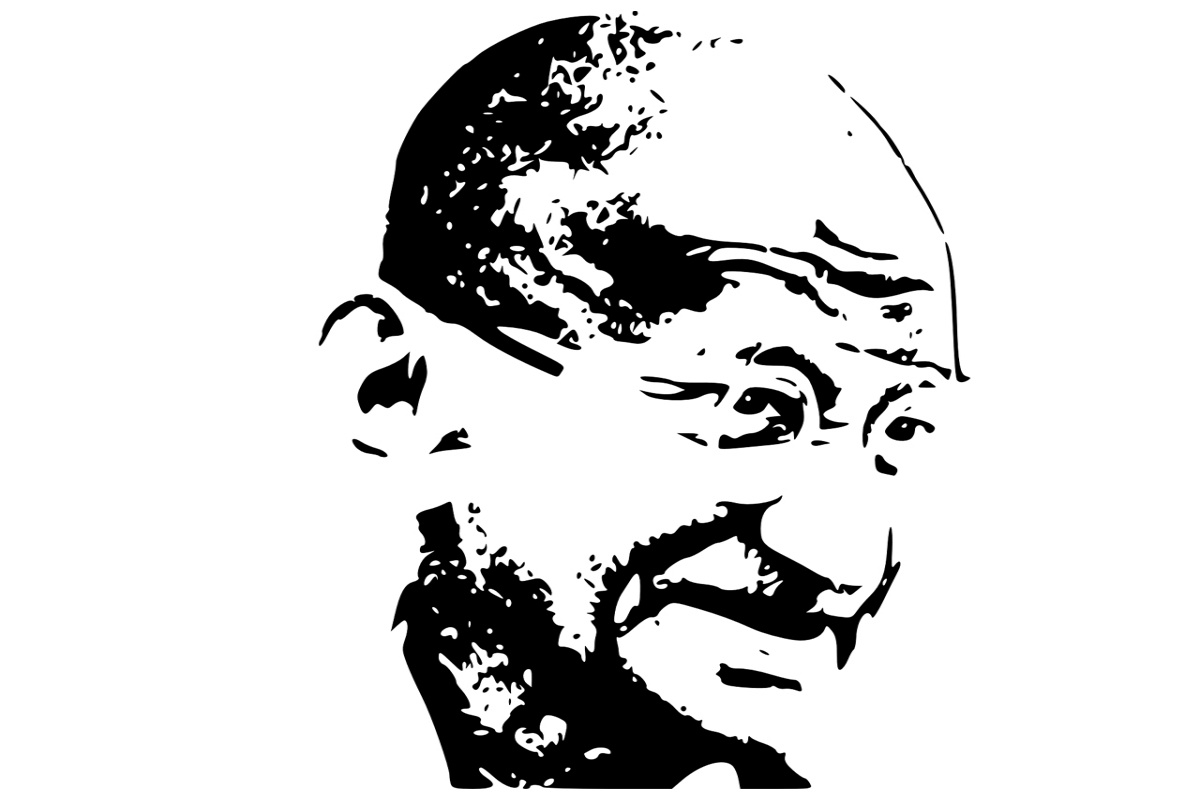“The Murderer, the Monarch and the Fakir” is a fresh account of one of the most controversial political assassinations in contemporary history – of Mahatma Gandhi.
Based on previously unseen intelligence reports and police records, the book, to be released by HarperCollins on October 1 recreates the circumstances of his murder, the events leading up to it and the investigation afterwards. In doing so, it unearths a conspiracy that runs far deeper than a hate crime and challenges the popular narrative about the assassination that has persisted for the past 70 years.
Advertisement
“The Murderer, the Monarch and the Fakir” examines the potential role of princely states, hyper-masculinity and a militant right-wing in the context of a nation that had just won her independence. It relies on investigative journalism and new evidence set in a strong academic framework to unpack the significance of this tumultuous event.
“Arguably modern India’s biggest political development, the assassination of Mahatma Gandhi finds a desultory mention in our history textbooks,” the authors, Appu Esthose Suresh and Priyanka Kotamraju, say.
“This book presents new evidence that goes against popular narratives and unearths a conspiracy which ran much deeper, with an extraordinary cast of people representing varied interests directly or indirectly involved in it. This holds relevance today as in recent years, we have become preoccupied with either vigorously opposing or enthusiastically supporting the rehabilitation of central figures of the conspiracy, whereas our real aim should be the rehabilitation, critically and empathetically, of Gandhian thought.
“This book is an attempt to understand the political assassination in the context of new evidence to unpack its significance for our present and future,” the authors add.
Swati Chopra, Executive Editor, HarperCollins India, says: “Mahatma Gandhi’s assassination was a cataclysmic event for a newly independent nation, the resonances of which remain till today. Appu Esthose Suresh and Priyanka Kotamraju mine fresh sources to uncover startling, and hitherto unknown, facts about the heinous conspiracy to kill the Mahatma. At a time when India is celebrating her seventy-fifth year of independence, it is imperative that we try and uncover more of the truth behind the murder of one of the country’s foremost founding fathers. It may hold crucial insights we need to navigate our present, and our future.”
As an investigative journalist, Appu Esthose Suresh did extensive work on the changing pattern of communal riots in India, making a significant contribution towards understanding a sensitive and complex topic. Appu was recognized by the Mumbai Press Club’s 2015 RedInk Awards in the ‘Journalist of the Year’ category for his series on the ‘Communal Cauldron in Uttar Pradesh’. He has worked with the Hindustan Times as Editor (Special Assignments), and at the Indian Express and Mint, among other publications. He was part of the International Consortium of Investigative Journalists (ICIJ) team that investigated offshore accounts in British Virgin Islands and the HSBC Swiss accounts.
Appu is currently Senior Atlantic Fellow at the International Inequalities Institute, London School of Economics & Political Science (LSE). He is also the founder of Pixstory. He completed his studies from St. Stephen’s College, New Delhi, and LSE.
Priyanka Kotamraju is a Gates Cambridge scholar pursuing a doctorate in sociology at the University of Cambridge, and a Senior Atlantic Fellow at the International Inequalities Institute at LSE. She was formerly editor of Khabar Lahariya, an award-winning grassroots media organization. She has also worked with the Indian Express and the Hindu Business Line. She is the co-founder of Chitrakoot Collective, a grassroots feminist research collective.











